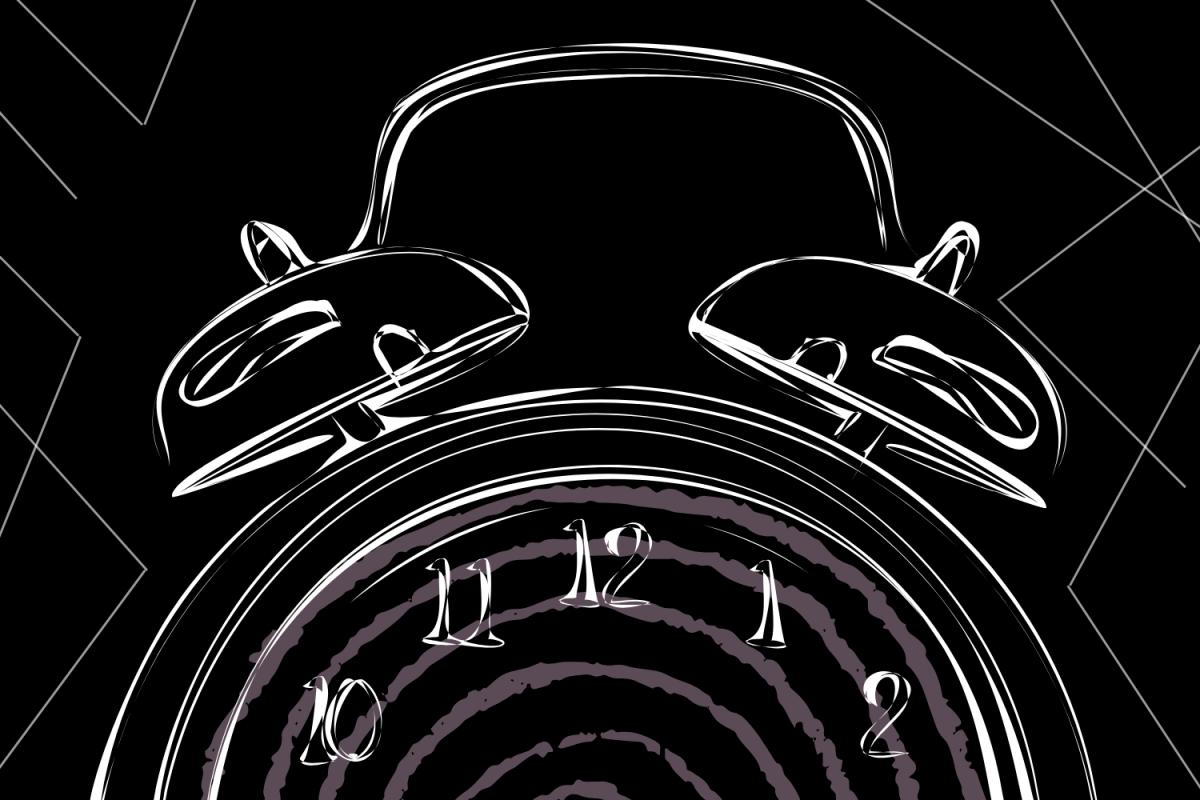
Hailey Welborn
Graphic by Hailey Welborn via Canva.com
Five years ago, in response to the emerging COVID-19 pandemic in March 2020, Governor Roy Cooper issued an executive order closing K-12 public schools and banning gatherings of more than 100 people in North Carolina. The frightening new disease sent the world into a brief frenzy that was followed by the heavy silence of quarantine. 2020 has been rightfully dubbed “the Year the World Stood Still;” Cooper’s executive order was one of 48 mandates or recommendations from American states alone. Nations around the world sealed their borders and grounded their planes indefinitely.
Nearly two years of isolation took its toll on everyone in unique ways. While the world remembers the major headlines of the pandemic, one question stands out: How did it shape our individual lives?
The Academic Impact of COVID-19
COVID-19 affected our personal lives in different ways, but how did it affect students’ academic development?
“Your age group missed so many academic milestones in later elementary and early middle school due to COVID-19 shutdowns,” says Angela Reeves, the Health Sciences teacher at Davie High. “I have seen a decline in writing abilities and reading comprehension, particularly with research-based text.”
A recent study by Fuller, Swiderski, Mikkelsen, and Bastian (2023) yields findings similar to those of Reeves. The study found that the average North Carolina high school student’s GPA dropped almost half a point after the pandemic.
Reeves suggests, however, that this decline in academic performance might be coming to an end.
“I am beginning to see students who want to improve, working harder to fill in academic gaps, as well as gaining valuable life skills such as grit, determination, and resilience.”
Despite the significant academic impact COVID-19 had, Reeves still claims the biggest impact was on students’ mental health.
“I have seen an increase in anxiety-related issues, depression, and social disengagement. It’s like we ‘forgot’ how to connect with one another apart from technology,” she says. “Humans are not meant to live in isolation, we need our pack. In the pack, we learn not only how to communicate face-to-face but we learn compassion, empathy, teamwork, conflict resolution, and so much more.”
Reeves believes social re-engagement will allow the world to bounce back from the pandemic. “We all, teachers included, need to reconnect with one another. We need to value one another and listen to the unique perspectives we all have.”